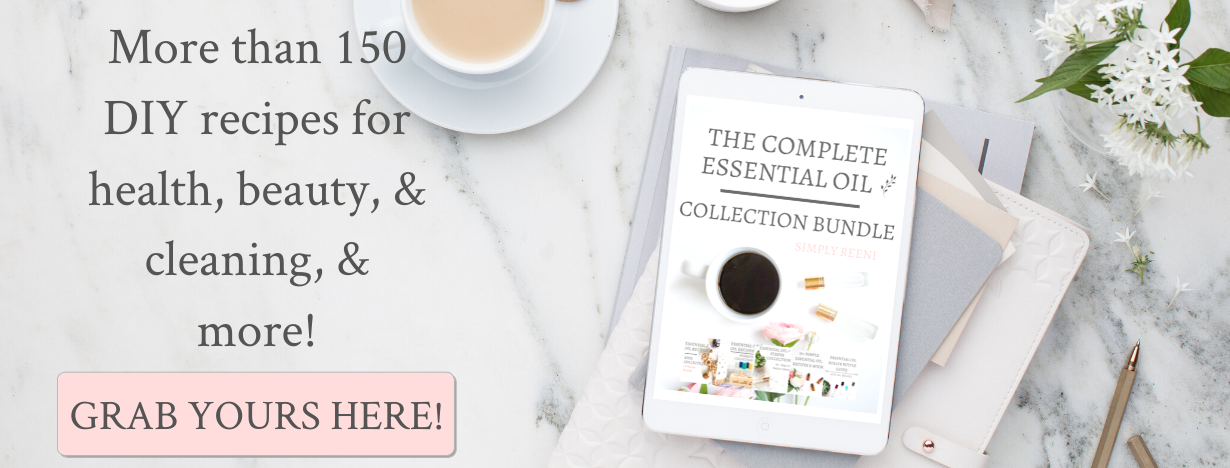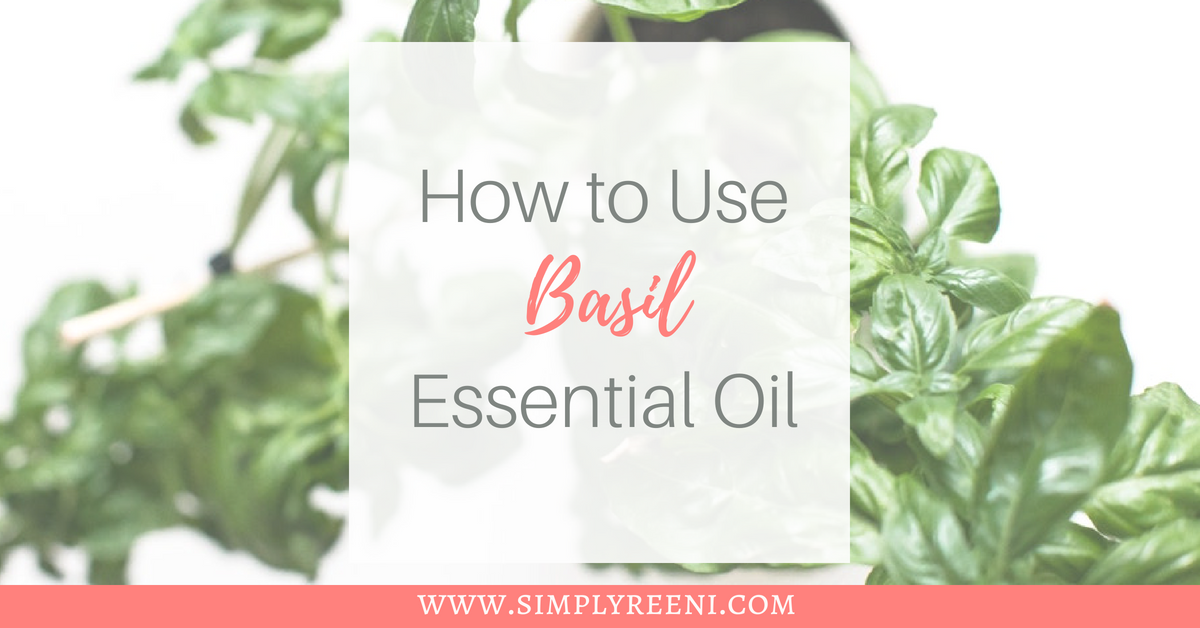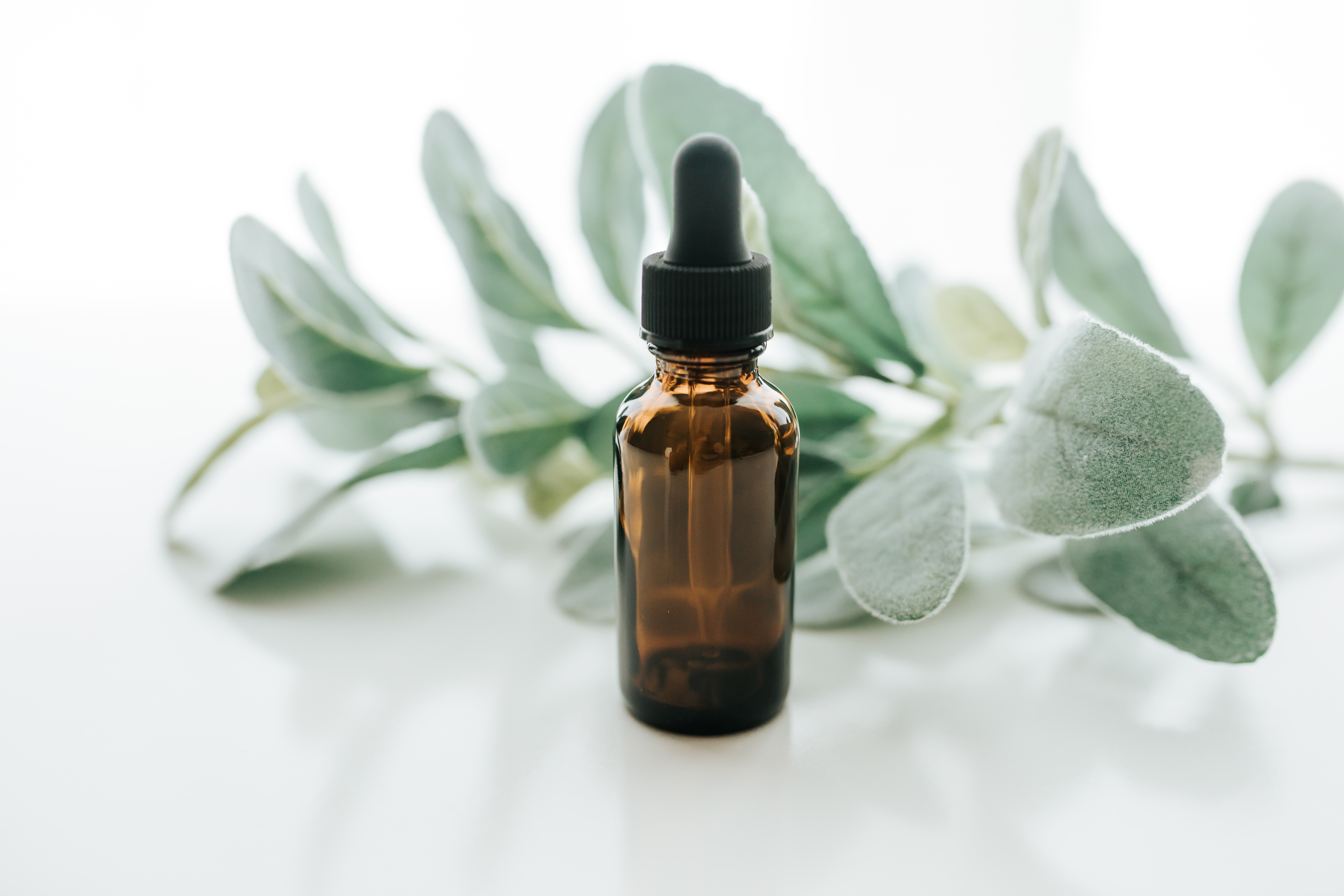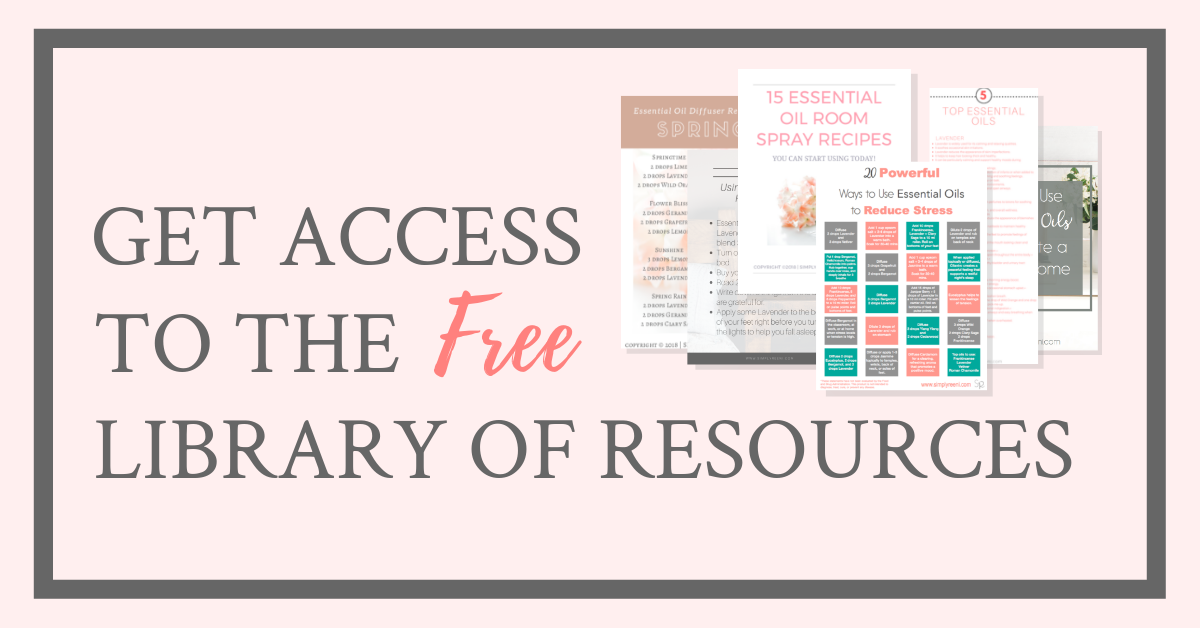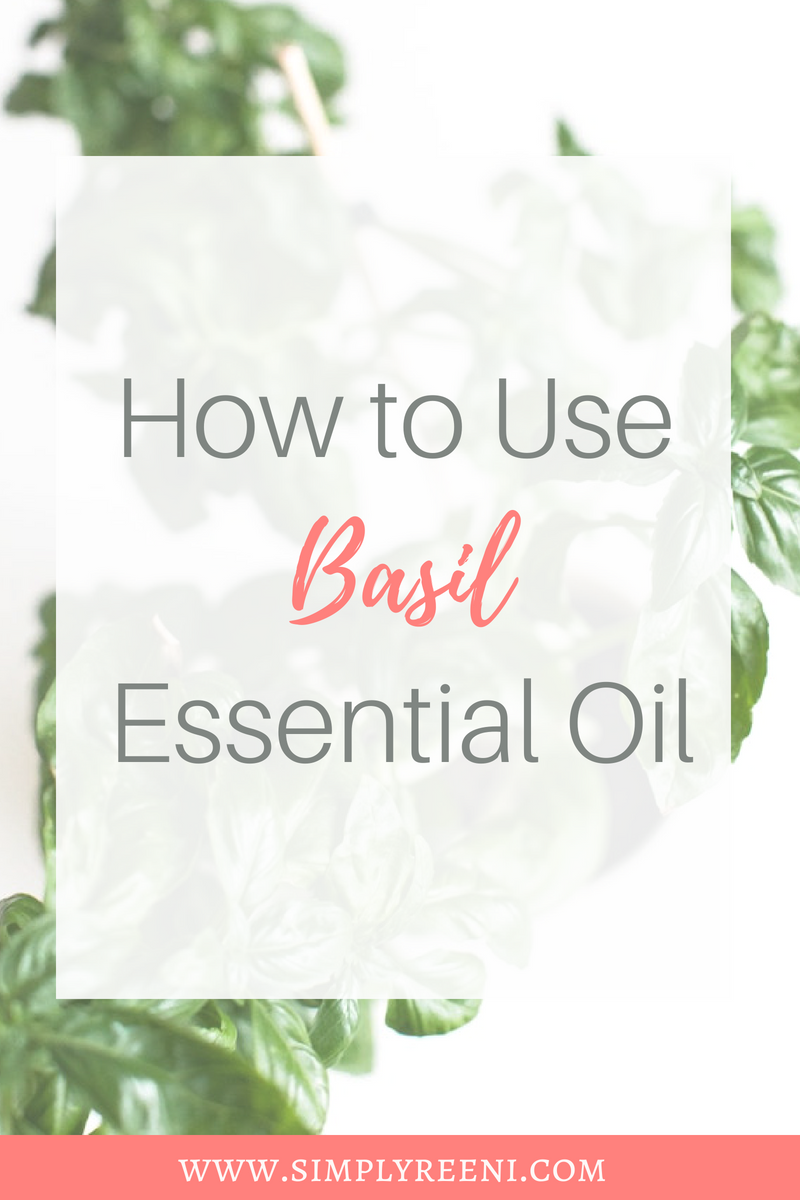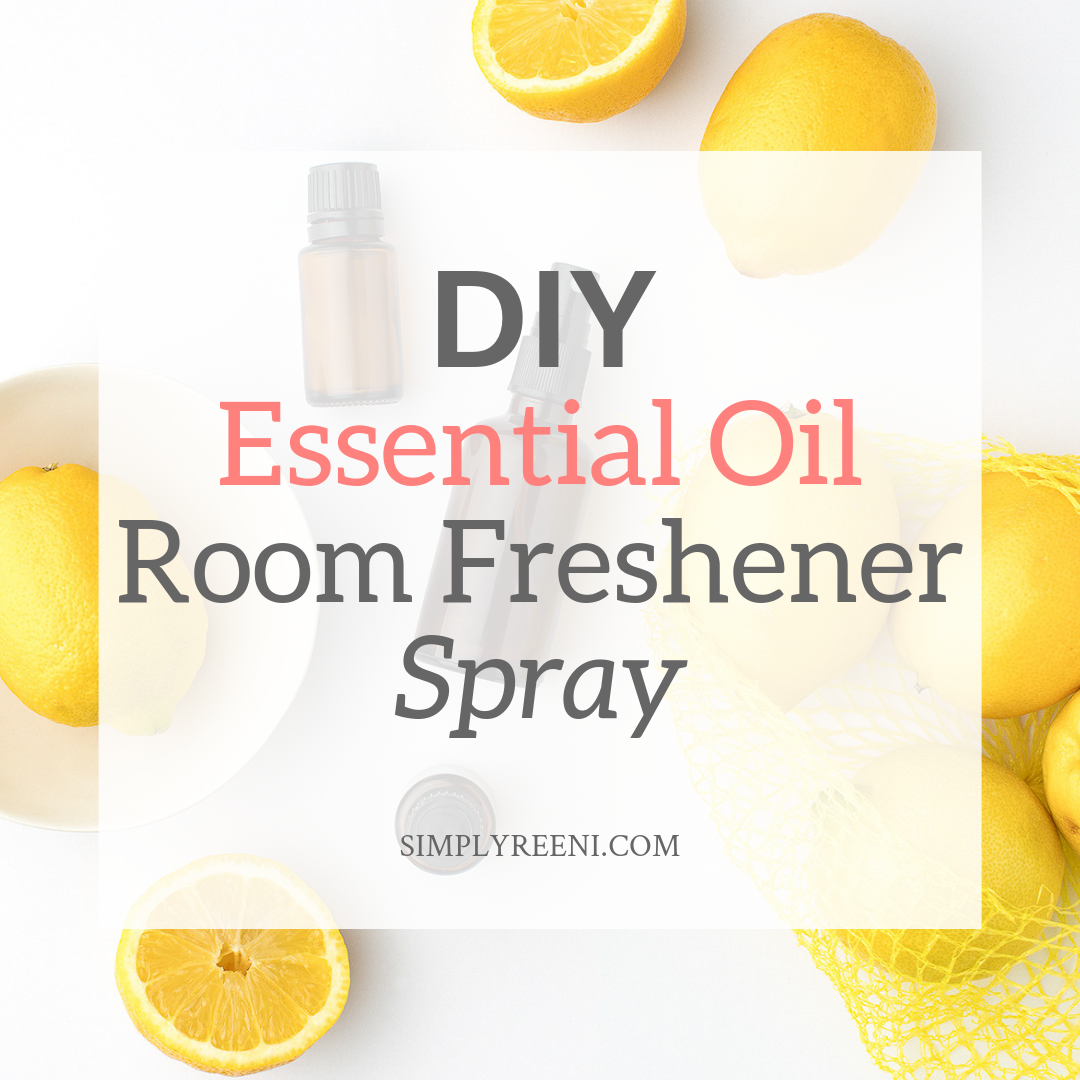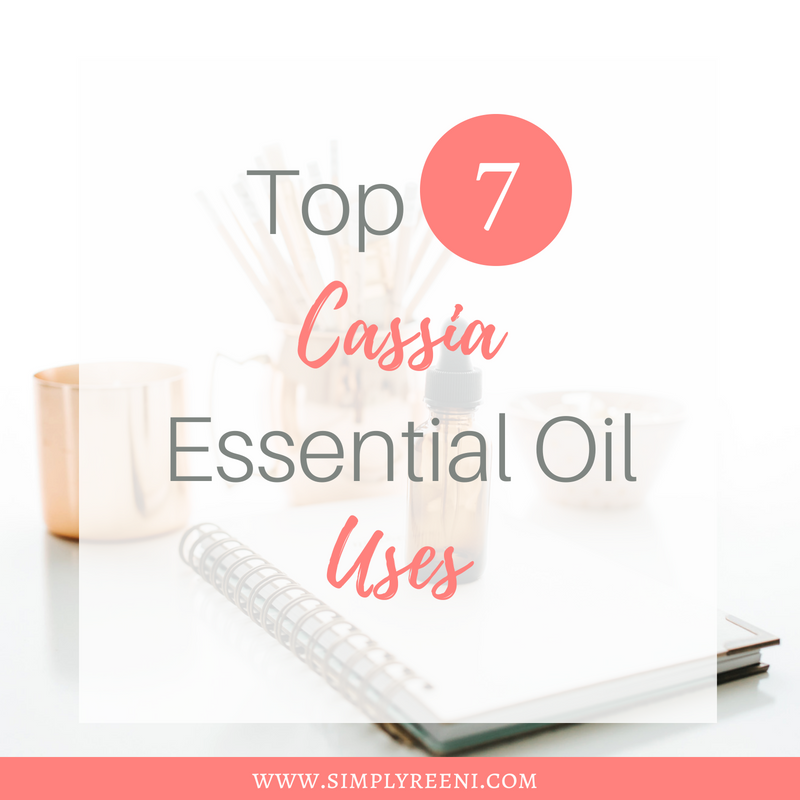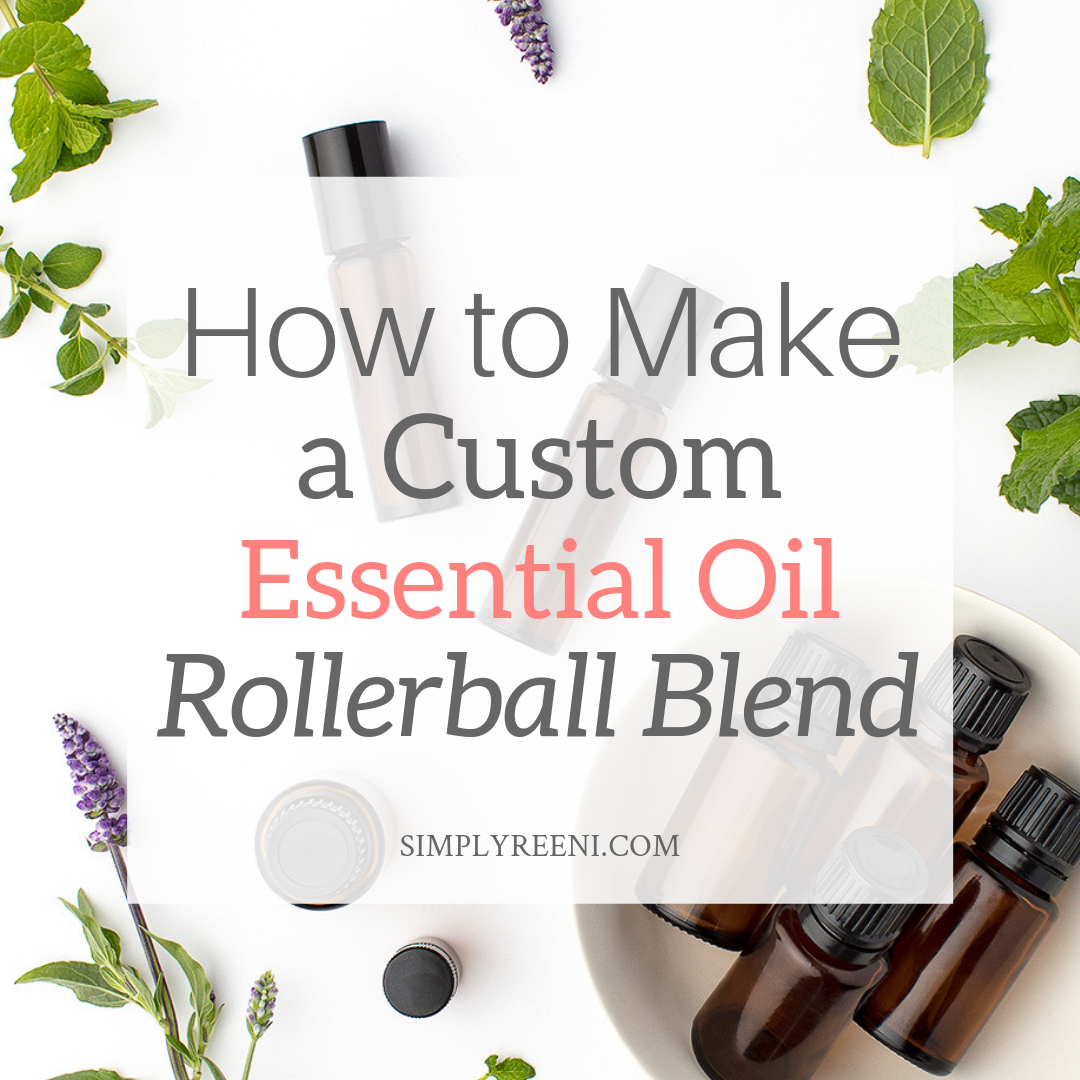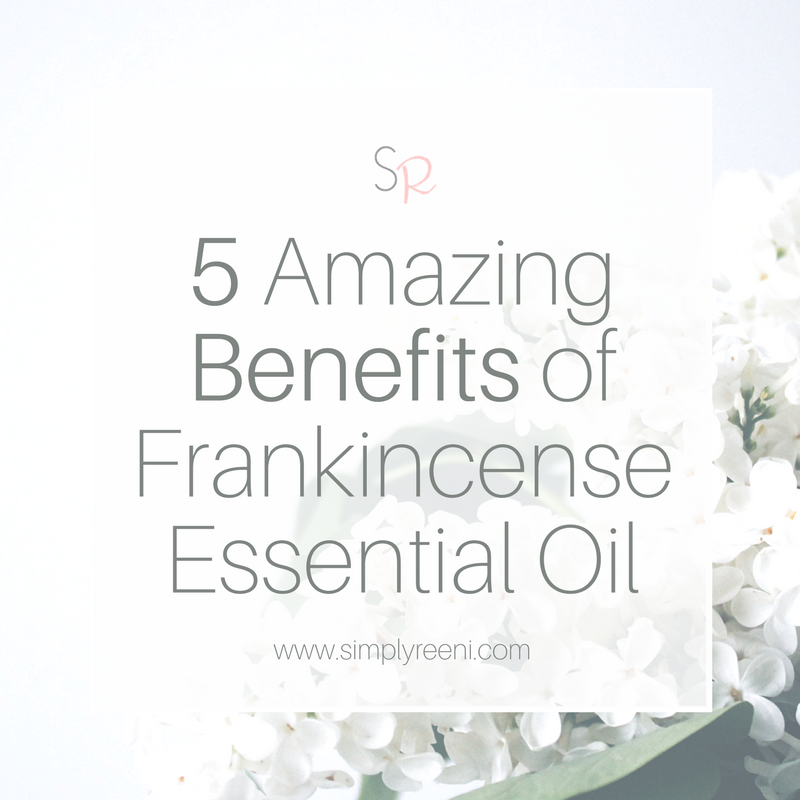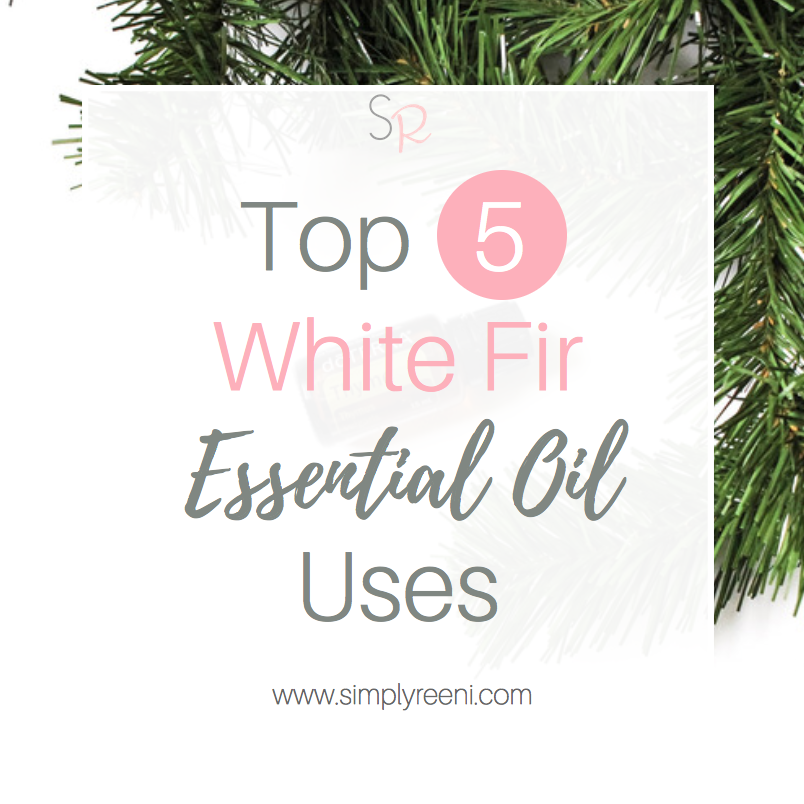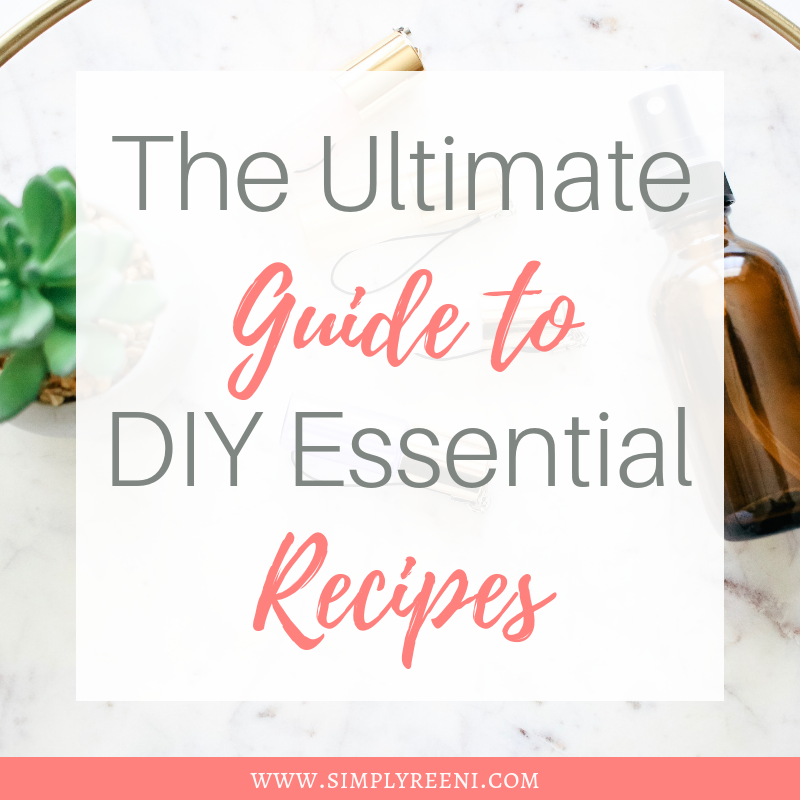How to Use Basil Essential Oil- Top 7 Benefits
How to Use Basil Essential Oil
Basil essential oil is often referred to as “sweet basil oil.” It’s well known for its use in cooking, and it has a naturally warm and spicy, yet herbal aroma. It’s one of the best oils to help calm and help focus the mind. With all the great benefits it has to offer, no wonder why it is used around the world. In this article, I am going to share how to use basil essential oil plus its top 7 benefits.
How do I use basil oil?
There are three main basil essential oil uses. They are aromatic use, topical use, and internal use. Here is how you can start using Basil essential oil at home.
Aromatically
Basil essential oil can be diffused around your home through a diffuser. Another way to get the same benefits is by adding a drop or two to the palm of your hand, rubbing them together, cupping your hands over your nose/mouth, and deeply inhaling for three deep breaths. The easiest way is to inhale directly from the bottle.
Related: How to Diffuse Essential Oils All Day with Only 3 Drops
Topically
When using basil essential oil topically, it should be diluted using a carrier oil (like organic fractionated coconut oil) since it’s a potent oil.
A great way to use essential oils quickly and easily is by creating essential oil rollerballs. They are pre-diluted, so once they are made, all you have to do is apply to the area desired.
Since different roller bottles dilutions are recommended for different ages, I recommend creating customized roller bottles for each of your family members.
Internally
This oil can be used for cooking in many different ways and can have some great benefits. If you do choose to use this in your cooking, though, make sure you only use therapeutic grade essential oils. Here is some more information on what oils I recommend.
Is basil oil good for skin?
The short answer is yes. When diluted properly, basil essential oil reduces the appearance of blemishes. It also acts as a cooling agent for the skin.
Related: Essential Oils for Beginners
Basil essential oil uses
1. Calming
Basil essential oil may soothe and calm the nervous system. Since it has a high linalool content, basil can be used to help ease the transition to bedtime.
Diffuse Basil to promote feelings of calmness and relaxation.
2. Reduces feelings of tension.
Basil oil may calm tense muscles. It promotes mental alertness and lessens occasional anxious feelings.
Some ways to reduce feelings of tension are to apply it to the temples and the back of the neck or add Epsom salts, lavender essential oil, and basil essential oil to a warm bath.
This essential oil may also help to ease monthly feminine discomfort.
3. Cleansing
This essential oil has cleansing properties.
To create a DIY household cleanser, combine a few drops of basil oil with water and spray in the toilet, garbage can, or shower.
4. Oral health support
Add a few drops into your toothpaste or mouthwash or combine Basil essential oil with Clove essential oil and Melaleuca or Tea Tree essential oil for a mouth rinse that keeps the gums and teeth clean and healthy.
5. Immune support
Basil essential oil supports healthy immune function and response. You can diffuse basil throughout the home when needed or add a couple of drops to a warm bath with Epsom salts.
6. Uplifting
This oil can provide support when blended with Lime essential oil, Bergamot essential oil, or Peppermint essential oil. It provides an invigorating and uplifting aroma.
It can also be paired with Geranium and citrus essential oils for an uplifting massage. Massage on the back of the neck for a stress-relieving experience.
Basil essential oil is a great oil to diffuse at the end of the work day for feelings of relief.
7. Focus support
Diffuse Basil to promote a sense of focus while studying, reading, or completing other tasks that require mental clarity.
Safety:
Dilution is recommended for topical use. Do not use when pregnant.
Basil Essential Oil Recipes
Now that you have learned how to use basil essential oil, you are able to see how beneficial it can be! For an added bonus I have included a few great essential oil recipes that you can start using in your home today!
Reducing Stress Diffuser Blend Recipe
- 2 drops of Basil
- 2 drops Rosemary
- 2 drops Lavender
Add these oils into a diffuser of your choice, then diffuse.
Goodmorning Diffuser Blend Recipe
- 3 drops Basil
- 2 drops Peppermint
- 2 drops Lemon
Add these oils into a diffuser of your choice, then diffuse.
Basil oil blends well with these oils for diffusing.
- Bergamot
- Lavender
- Marjoram
- Geranium
- Peppermint
- Cedarwood
- Clary Sage
- Ginger
- Grapefruit
- Lemon
What has been your favorite basil essential oil use? Let me know by leaving a comment below or sharing a comment or picture on my Facebook Page or tagging me on Instagram (@simply_reeni). I love hearing your feedback!
Checkout the essential oils for beginners kit here!
Related Posts:
- Top 6 Arborvitae Essential Oil Uses
- Top 3 Rose Essential Oil Uses
- Top 4 Clary Sage Essential Oil Uses
- Top 6 Ylang Ylang Essential Oil Uses and Benefits
- The Best 7 Essential Oils for a Better Mood
- Top 5 Bergamot Essential Oil Uses and Benefits
- Top 7 Eucalyptus Essential Oil Uses and Benefits
- 5 Amazing Benefits of Frankincense Essential Oil
- 15 Peppermint Essential Oil Uses + Where to Buy It
Until Next Time,
Reeni
Get immediate access to the FREE essential oil resource library! Full of courses, recipes, tips, and much more!
Resources:
I keep an updated list of all the essential oil supplies and natural living products I recommend. I suggest checking it out to see the types of books and courses I’ve read over the last couple of years that have helped me learn how to use essential oils safely and effectively.
Pin for Later:
*This post about How to Use Basil Essential Oil contains affiliate links. If you’d like to purchase a recommended product, please use the links to support this blog. It doesn’t cost you anything extra, it simply allows me to continue creating these posts. Thank you for your love and support!
*I am not a doctor and the statements on this blog have not been evaluated by the FDA. Products mentioned here are not intended to diagnose, treat, cure, or prevent any disease. Please do not ask me for medical advice.
Author: Simply Reeni
I am a Certified Essential Oils Coach, and the founder of Simply Reeni. I help empower women to take control of their family’s health by using natural solutions like essential oils! Get more articles like this (and a free diffuser blend ebook) sent to your email here!